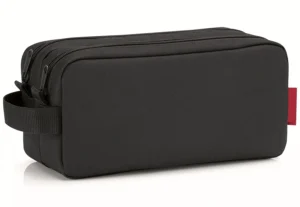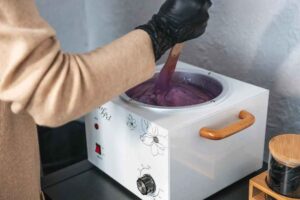The Ultimate Guide to Large Pistol Primer: Everything You Need to Know

When it comes to reloading ammunition, understanding the components of a cartridge is crucial for ensuring safety, accuracy, and consistency. One of the most important components in this process is the primer. Primers ignite the gunpowder in the cartridge, which then propels the bullet down the barrel.
In this guide, we’ll focus specifically on a large pistol primer. Read on.
What is a Large Pistol Primer?
A large pistol primer is a type of primer used in pistol cartridges that requires a larger primer pocket compared to small pistol primers. They are typically used in calibers like:
- .45 ACP
- .44 Magnum
- 10mm Auto
It’s where the primer pocket in the cartridge case is large enough to accommodate the larger size. Primers are small metal cups containing a sensitive explosive compound. When struck by the firing pin of the gun, the primer ignites, causing a small explosion that ignites the main powder charge in the case.
It generates gas that propels the bullet down the barrel. Large pistol primers are designed for high-power loads, making them essential for large-caliber handgun rounds.
Key Differences Between Large and Small Pistol Primers
While both large and small pistol primers perform the same essential function-igniting the gunpowder-there are several key differences between the two:
Size
The most obvious difference is the size. Large primer types are physically larger, with a primer cup diameter of about 0.210 inches, whereas small pistol primers are around 0.175 inches in diameter. This size difference means that large pistol primers are used in cases with larger primer pockets, while small primers fit smaller cases.
Pressure Handling
Large pistol primers are typically used in higher-pressure loads, such as those found in magnum calibers or self-defense ammunition. Small pistol primers, on the other hand, are typically used for lower-pressure cartridges. This difference in pressure handling requires that the primers be made with slightly different specifications to ensure reliable ignition.
Applications
As mentioned earlier, large pistol primers are used in cartridges like .45 ACP, .44 Magnum, and .357 Magnum. Small pistol primers are generally used in rounds like 9mm, .380 ACP, and .38 Special. Always check the reloading data and specifications to ensure the correct primer type is used for each cartridge.
Choosing the Right Large Pistol Primer
Choosing the correct large pistol primer for your reloading needs involves several considerations:
Manufacturer’s Recommendations
Different firearm manufacturers may have specific primer recommendations based on the type of ammunition used in their guns. Always consult the firearm’s manual or the reloading data from the powder manufacturer to ensure you’re using the correct primer for your loads. Also by consulting experts, you can get more info, such as the best prices on brass cases.
Primer Brand
There are various brands of primers available, including:
- CCI
- Federal
- Winchester
- Remington
While all of these brands meet the basic requirements for large pistol primers, some may have slight variations in performance. It’s essential to test and find the primer brand that offers the best consistency for your specific loads.
Consistency
When reloading ammunition, primer consistency is crucial for accurate and reliable performance. Consistency in the ignition process ensures that every round you fire behaves predictably. Many reloaders select primers based on their reputation for producing consistent and reliable ignition.
Get the Right Large Pistol Primer Now
A large pistol primer is an essential component of the reloading process for many high-caliber pistol rounds. By following this shooting gear guide, you can confidently reload your own ammunition for a variety of large-caliber pistols. Always remember to consult the reloading tips, and test your loads for optimal performance. If you want to read more articles, visit our blog.







